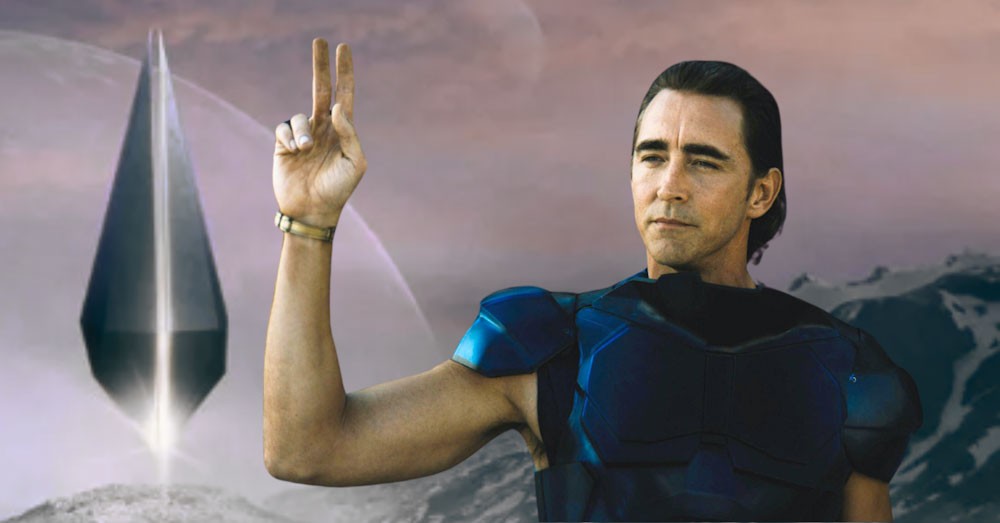
In the TV series called Foundation, the Emperor of the galaxy (known in this series as the Empire) states, “respect and enjoy the peace.” I like this saying, since under this rule, many people are forced to live in peace, having to give up their rivalries, wars, and violence. They know that any attempt at doing anything like that will be met with severe repercussions, so they simply don’t do it, choosing to resolve their disagreements in some other way.
In a similar way, the European continent was subject to wars and armed conflicts for many millennia until the European Union was formed, overnight stopping old rivalries and telling all of its subjects to “respect and enjoy the peace.” Today, its member nations don’t question this rule, while just on the border of the EU, conflicts and wars are still ongoing (think, for example, about the ongoing war between Russia and Ukraine).
Does this mean that people don’t have any resentments at the current economic and political rule, and they are content with everything being done? Probably not, but then again, even in a utopia, someone would have a problem with something.
Call it human nature, or, better yet, the concept of the “duality of life.” Essentially, the duality of life is a concept that states that in everything positive there is something negative, and in everything negative there is something positive. We just need to find them.
For example, consider the pros and cons of killing. Most people look down on this form of violence, stating that there shouldn’t be any room for it in our modern world. However, other people will say that in some situations, killing an individual or a group of people could be accepted and even welcomed, such as in self-defense or when done to very bad people, such as Hitler, in order to prevent all the bad stuff they may do. Or consider another example of consuming hard drugs, such as cocaine. Most people are aware that cocaine is bad and can be lethal, but some people are still consuming it because of the positive feeling of satisfaction and relief it brings when consumed.
Still, when considering war vs no war, killing vs no killing, cocaine vs no cocaine, we should choose no war, no killing, and no cocaine, as under most circumstances these options are conducive to more happiness. So, in the case of no war, people are invited to find other ways for peaceful resolution to whatever disagreements they may have, and they can’t play the “whoever has the better army wins” card anymore.
Certainly, in Foundation, we see that while the Empire forbids wars he isn’t the most benevolent to everyone, so ideally, a world without war should also be supported by a benevolent and utopian government, where politicians themselves would put other people’s needs above their own.
This brings us to the “whole world under one flag” concept that entails that the whole planet should be managed as one organization (not necessarily one country), where peace is forced on all the countries in the world. And if, eventually, the human race ventures into space, we would ideally have everyone, everywhere continue to abide by the same logic.
Sure, I realize the value of differentiation, stating that current political power can often overlook its own limitations, but from the perspective of an idealistic world, the governing party would be able to unbiasedly consider what’s best for the majority and act accordingly.














